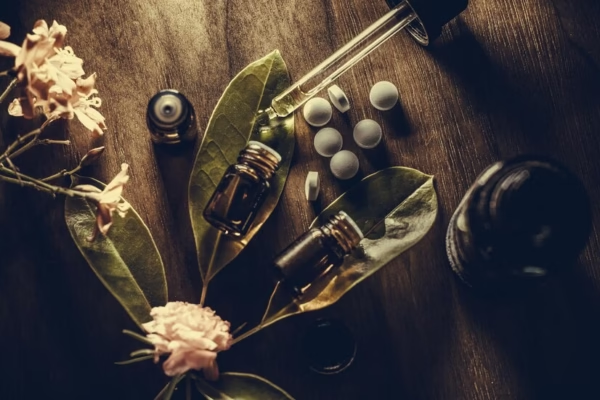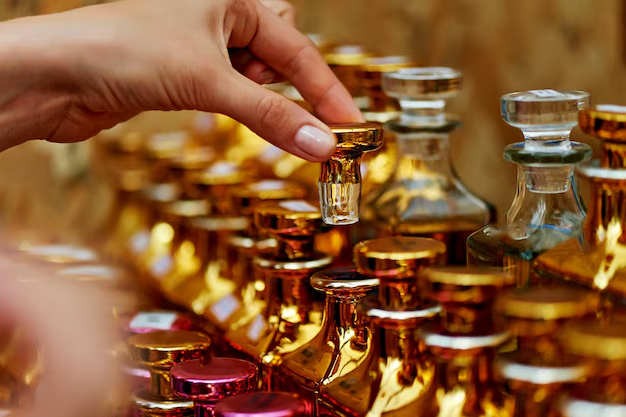Introduction
Perfume has been an essential part of human culture for thousands of years. But have you ever wondered:
✔ Who invented perfumes?
✔ What were ancient perfumes made of?
✔ How did fragrances evolve over time?
This guide explores the fascinating history of perfume, from sacred rituals to modern luxury.
Who Invented Perfumes? The Ancient Origins
The earliest recorded perfumes date back to:
1. Mesopotamia (3500 BCE)
- First known perfumers: The Babylonians and Assyrians.
- Why invented? Used in religious ceremonies to honor gods.
- Key ingredients: Myrrh, frankincense, and cedar oil.
2. Ancient Egypt (3000 BCE)
- Perfume pioneers: Egyptian priests and chemists.
- Why invented? For mummification, rituals, and daily wear.
- Famous scent: Kyphi—a sacred blend of honey, wine, and 16 herbs.
- Fun fact: Cleopatra used rose and jasmine perfumes to seduce Mark Antony.
3. Indus Valley Civilization (2500 BCE)
- Early South Asian perfumes: Stored in decorative clay pots.
- Key ingredients: Sandalwood, saffron, and musk.
Perfume Through History: How Scents Evolved
1. Ancient Greece & Rome (500 BCE – 400 CE)
- New techniques: Distillation improved fragrance extraction.
- Popular scents: Rose, lily, and spikenard.
- Cultural shift: Perfume became a luxury for the wealthy.
2. The Islamic Golden Age (800 – 1300 CE)
- Key innovator: Al-Kindi wrote the Book of Perfume Chemistry.
- New ingredients: Musk, amber, and distilled floral waters (like rose water).
- Why important? Muslim scientists perfected alcohol-based perfumes.
3. Medieval Europe (1200 – 1500 CE)
- Perfume use: Masked body odors during plagues.
- Key supplier: Venice traded Eastern spices and oils for perfumery.
4. The French Revolution (1700s)
- Birth of modern perfumery: Grasse, France, became the perfume capital.
- Famous houses: Guerlain (1828) created early eau de colognes.

Historical Perfume Ingredients
| Era | Popular Ingredients |
|---|---|
| Ancient Times | Myrrh, frankincense, animal musk |
| Middle Ages | Rose water, cinnamon, cloves |
| 1700s+ | Bergamot, lavender, synthetic notes |
Why Was Perfume Invented?
- Religious rituals (offerings to gods)
- Medicine (early aromatherapy)
- Status symbol (wealthy elites)
- Romance & seduction (Cleopatra, French courts)
Perfume Today: From Luxury to Everyday Use
- Mass production: 1800s synthetic scents made perfume affordable.
- Iconic modern perfumes: Chanel No. 5 (1921), Dior Sauvage (2015).
- Pakistan’s perfume culture: Attars and oriental fragrances remain popular.
Final Thoughts: The Eternal Allure of Perfume
From sacred temples to designer boutiques, perfume has always been more than just a scent—it’s art, history, and identity in a bottle.
Love history? Explore our premium attars and luxury perfumes inspired by ancient traditions. [Shop Now]

